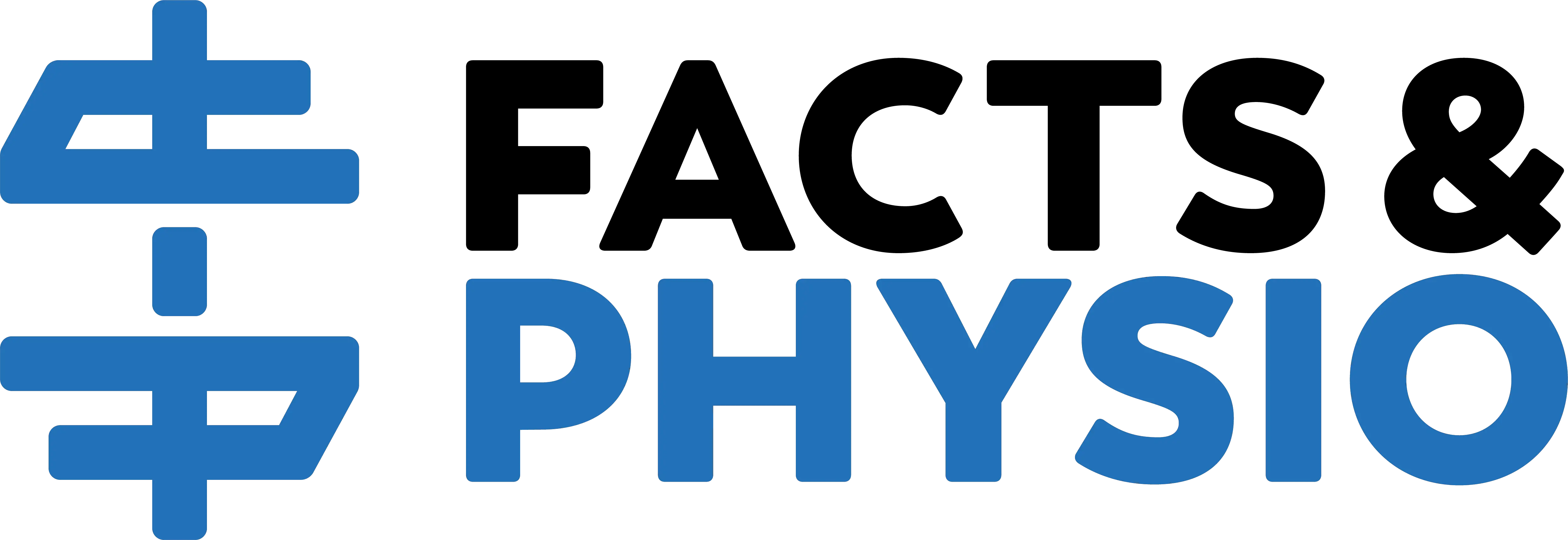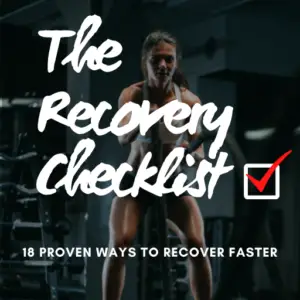Have you shopped online recently? I’m not a prodigious online shipper – mostly because the ice cream melts by the time it gets to my house. So it wasn’t until recently that I noticed all the “buy now, pay later” options popping up.
Maybe you’ve seen them – companies like Affirm, Klarna and Afterpay let customers buy expensive items in small installments, paid over several months.
“Buy now, pay later” (BNPL) is like the old layaway system. Except the store doesn’t hold onto the item until it’s paid off. Customers get the product immediately and pay it off in monthly installments.
Many consumers like the flexibility; BNPL has taken Europe by storm and it’s trending hard in U.S. retail.
I haven’t tried BNPL yet, since it sounds like an easy way to rack up debt buying stuff I don’t really need.
Whether you pay now or pay later, eventually the bill comes due. And that got me thinking, health is the same way.
We can “pay now” by making harder, healthy choices. Like running, eating veggies, and going to the doctor. Conversely, the easy route now – ignoring pain, being sedentary, and living on junk food – comes with a cost later. Like BNPL, the bill comes due eventually.
Just One Car
My favorite health analogy comes from an unexpected source. Warren Buffett, the billionaire investor (who’s 92 by the way), offers this analogy:
Imagine you’re getting a brand new car for free. Any car you want! It will be sitting in your driveway tomorrow morning.
But there’s a catch: you have to drive this vehicle for the rest of your life.
Think about how you would take care of your new car – you practically memorize the owner’s manual. You get the oil changed more than necessary. Take it in for regular tune-ups. Fix small problems immediately.

You treat it like your own child so the car keeps running for decades.
Your mind and body are like this car. You only have one mind and one body for the rest of your life.
No trade-ins or take-backs. It’s only common sense to take care of your mind and body so they aren’t rusty or broken down in a few decades.
“An Ounce of Prevention…”
“…is worth a pound of cure,” as the old saying goes.
Sticking with a car analogy, it’s less expensive to schedule regular oil changes than it is to replace a ruined car engine because the oil never got changed.
To use another archaic phrase, you have to “pay the piper” for putting off the car maintenance.
Pain Now or Pain Later?
Health is the same way.
For example, lower back injuries heal faster when rehab starts early. Ignoring pain and waiting 3 years to address the problem is one of the common mistakes that prolong recovery.
I Scream, You Scream
It’s no secret that I love ice cream. I could eat a tub of Sea Salt Caramel every night. But I curb my ‘cream cravings (pay now) so I don’t get diabetes and lose my vision or my feet later in life (pay later).
I don’t advocate dietary asceticism; eating boiled chicken and plain yogurt sounds like a bleak life. Instead, it’s best to avoid excesses with junk food, sweets, and alcohol. And when you decide to indulge your sweet tooth, take advantage of the best time to eat candy.

Bottom Line
You only get one mind and one body. Like delaying car maintenance, neglecting your health now is a losing strategy. Prioritize your physical and mental health now – your future self will thank you.
Pay now so you don’t have to pay later.
Start Here
You’re probably wondering “where do I start?” Habit creation and behavior change is an entire field of study that’s beyond the scope of this article. Here are two easy starting points:
First, pick up a copy of Atomic Habits, the best-selling book on breaking bad habits and building good ones. It’s easy to read and practical while explaining the science of behavior change. If you haven’t read it, you’re missing out! See it on Amazon here.
Second, if you’re new to exercise, select a low-impact exercise to get started. Or simply resume a mode of exercise you have enjoyed in the past. Implement strategies from Atomic Habits to start slow and build consistently until you become a regular exerciser.
Article Recommendation
Confused about how supplements fit into a healthy lifestyle? With over 50,000 supplements on the market, it’s hard to know which ones work & which ones are a waste of money.
Fortunately, there are a few tried and true supplements supported by decades of robust research.
Find out which ones make the cut:
The 3 Best Fitness Supplements (According to Science)
For more evidence-based health tips, join the free Facts & Physio Newsletter. Plus, get The Recovery Checklist when you sign up.

